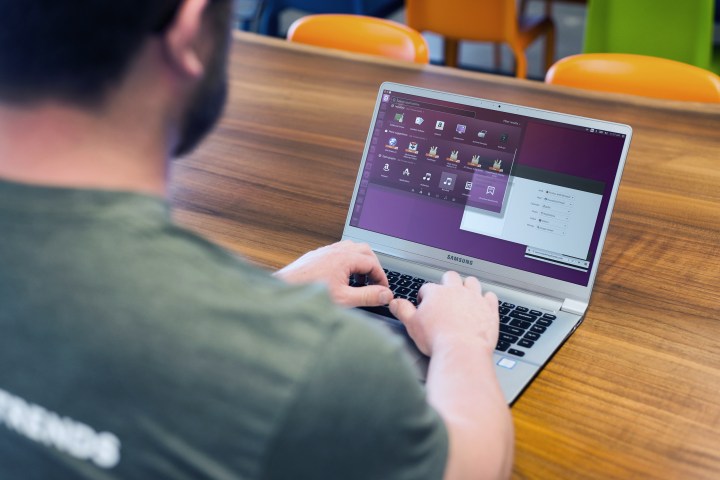
Little has been said about how Barcelona plans to transition to open-source software, according to a report from Tech Radar. However, a pilot scheme is already underway, as some city employees have been outfitted with workstations that run Ubuntu and come pre-installed with Firefox to cater to their web browsing needs.
The plan goes beyond just picking and choosing the best open-source alternatives to Microsoft products out there, as Barcelona will apparently be hiring developers to create bespoke software. The idea is that these projects could potentially be rolled out across other Spanish cities if they’re up to the task.
It remains to be seen how successful the move away from Windows will be in the long run. Barcelona is far from the only European city to make a similar decision and previous examples have been less than encouraging.
In 2003, Munich announced its plans to switch to Linux, a process that took several years to carry out, according to a report from MSPowerUser. The city eventually decided to revert back to Windows, after widespread complaints from staff regarding reduced efficiency and productivity. Vienna made a similar transition to Linux in 2005 but would return to the Microsoft ecosystem in 2009.
Of course, the computing landscape has changed a great deal in recent years. There was once a time when Linux and open-source software was thought of as something for power users, but years of development brought many of these projects up to a very high standard, in some cases on a par with Microsoft’s products.
From packages like LibreOffice to the various free alternatives to Photoshop that are available, there has never been a better time to dive into open-source software. It remains to be seen whether Barcelona will succeed in its attempt to leave Microsoft behind, but it’s certainly in a better position to do so than Vienna was more than a decade ago.
Editors' Recommendations
- Windows 11 might nag you about AI requirements soon
- You’re going to hate the latest change to Windows 11
- Windows 11 tips and tricks: 8 hidden settings you need to try
- Windows 11 24H2 or Windows 12? Here’s what’s coming soon
- Beware! The latest Windows 11 update might crash your PC


